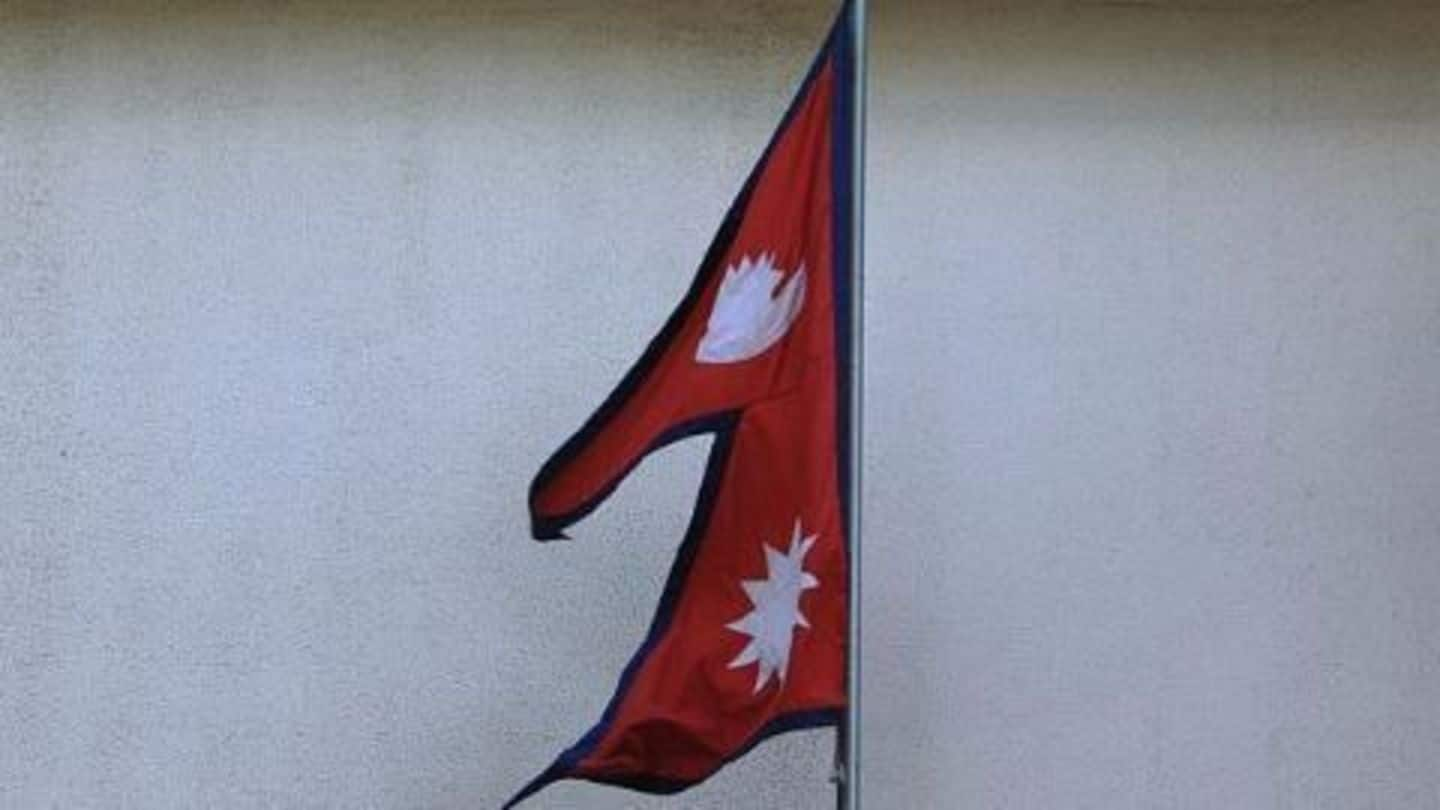
Calls to revert Nepal to Hindu state rejected
What's the story
Nepal's constituent assembly rebuffed demands to revert Nepal "back to a Hindu state" sparking violent protests. More than two-thirds of legislators of the assembly who voted on the draft-constitution were against establishing Nepal as a Hindu state again. The proposition needed the backing of at least two-thirds of the members to be approved. It was the Rastirya Prajatantra Party Nepal which pushed for this.
28 May 2008
Nepal becomes a secular state from Hindu-nation
On 28 May 2008, King Gyanendra surrendered and abdicated the throne paving way for secularism in Nepal. A Parliament declaration followed the abolition of monarchy from the country and officially transformed Nepal from a Hindu nation to a secular nation. A 560 vote strong resolution made Nepal "an independent, indivisible, sovereign, secular and an inclusive democratic republic nation".
25 Dec 2014
Rath Yatra in Nepal to re-instate Hindu state
Rastriya Prajatantra Party- Nepal took out a Rath Yatra (chariot procession) from Mechi to Mahakali to exert pressure on the government and other political parties to re-declare Nepal as a Hindu state. The procession lasted 10 days and mass gatherings were held en-route. The party has long been seeking a referendum on monarchy and religion and hoped that this would make the government relent.
Data
81.3% of Nepali population is Hindu
Hindus are the majority in Nepal with 81.3% of its population Hindu, 9.0% Buddhist, 4.4% was Muslim, 3.0% was Kirant Yumaist, 1.42% were Christian and 0.9% followed other religions or were atheists.
2 Jan 2015
RPP-N attacks Nepal for trying to ape West
Nepal's pro-Hindu party Rastriya Prajatantra Party-Nepal (RPP-N) affirmed that no one could prevent the nation from "turning back into a Hindu nation". It also attacked politicians for promoting secularism under the "influence of the West" and their ideologies. The party's president Kamal Thapa said that the new constitution should keep the nation's Hindu identity in mind.
Information
After Muslim and Christian countries, Hindu-state next?
Kamal Thapa, the president of RPP-N said "When there are more than 40 Muslim countries and over 70 Christian countries, why can't Nepal become a Hindu state in today's world which is home to over 1.8 billion Hindus?"
20 Jul 2015
Protestors hurl chairs at deputy PM
About 200 RPP-N party supporters stormed into the national stadium protesting for a Hindu state. The protesters chanted slogans and threw chairs at the country's deputy prime minister Prakash Man Singh when he was gathering recommendations on a draft constitution. The protesters claimed that Nepal was a Hindu state and would continue to function as so and that it had changed due to 'bad-influences'.
Do you know?
Not just Hindus, even Muslims lobby for Hindu-state
Strangely enough, it's not just the Hindus but even the Muslims in Nepal who are backing the pro-Hindu nation campaign saying that they are more "secure" under a Hindu state than under a secular Constitution.
12 Sep 2015
Why secular factions are against Hindu state?
In Nepal, those who support secularism form important groups of the population "such as Buddhists, Muslims,Kirati, Christians, hill indigenous groups, and supporters of most of the Communist parties." These people contended that the pro-Hindu state people were those who wanted monarchy in the state. Monarchy would counter the progress made and alter Nepal's federal, secular and democratic framework established after 2008.